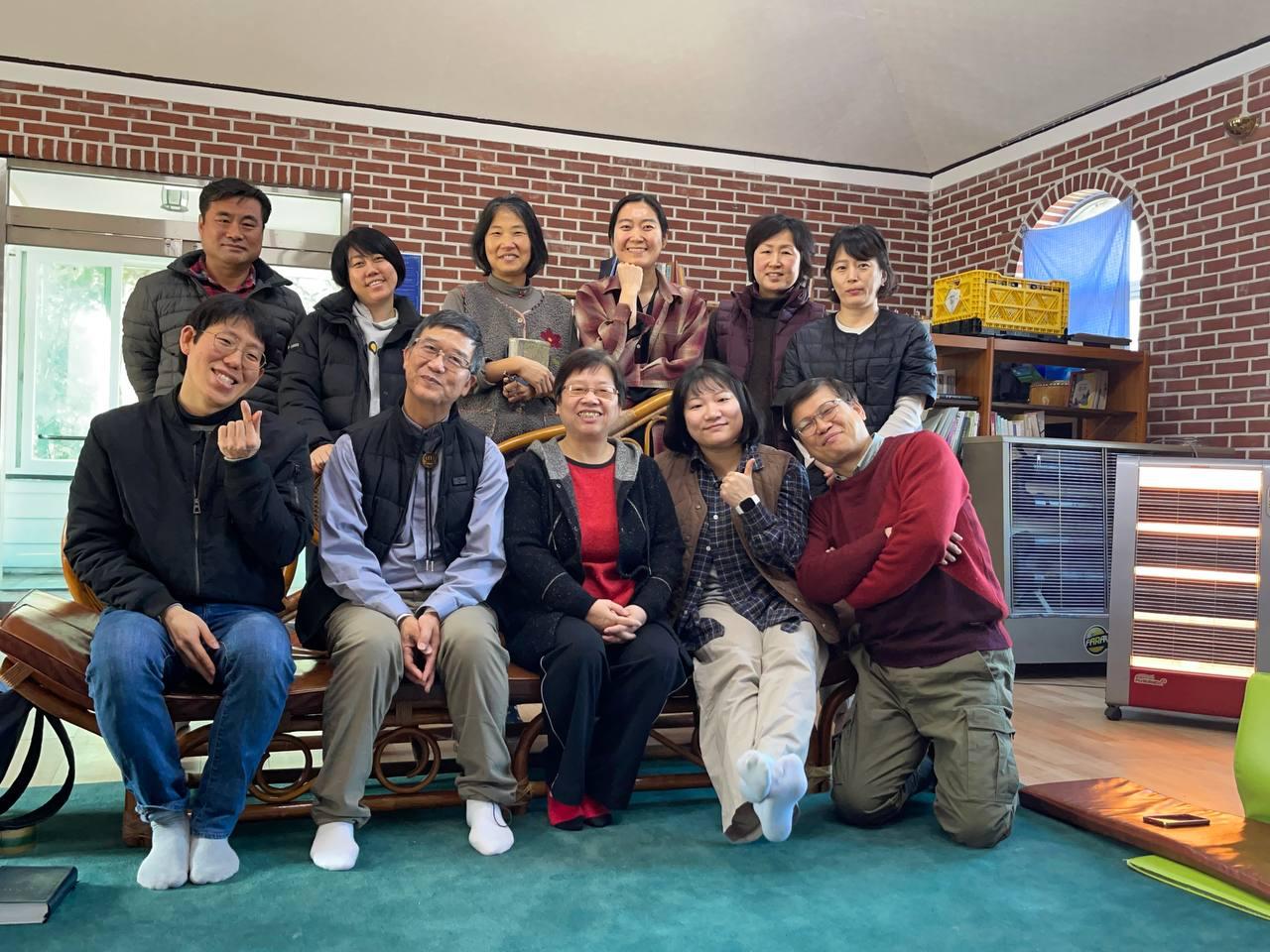South Korea
To talk about hope, I have to start with despair.
There’s a question that I often get when I say I’m from Korea. It’s “Which Korea?”
Yes, it’s been 77 years since Korea was divided into North and South Korea. The deep-rooted fear that comes from a history of war and the insecurity that comes from that fear have created a lot of different forms of despair
South Koreans have four major obligations. One of the obligations is the duty of national defense. And one of the duties of national defense is the duty of military service. This obligation applies to men between the ages of 18 and 40 in South Korea. They are conscripted to serve as soldiers for one and a half years. After that, they have to train regularly as reserve soldiers.
People say it’s gotten better, but the military culture is still very violent. The stories of bullying, suicides and shootings is not hard to find in the news.
When you think of conscientious objectors in South Korea, the most common group that comes to mind is the Jehovah’s Witnesses. There are also various organizations such as World Without War. And there are struggles of those who have survived imprisonment and stood up for their beliefs.
As of 2020, conscientious objectors no longer go to jail. This is something I’ve found hope for over this past year, but there’s still a long way to go. The current alternative service system has a punitive nature to it, where you have to serve twice the length of your military service and you are only allowed to work in prisons.
There are also alternative services that are not a conscientious objection in nature. My younger brother graduated from a government-run agricultural university and started farming potatoes. In Korea, the number of farmers is decreasing, and there are no young farmers, so a select group of young men is chosen to farm in place of his military service. Similar cases are also found in certain industries. The application process is very tough, and the duration is also three years.
My younger brother was recently informed by the government that he was allowed to replace military service with farming. The church had been praying together and I can’t tell you how fortunate he is. But, no, it’s not a feeling of relief, because my friends still have to go to the army, and my neighbours still have to go to the military.
Korean Mennonite churches are constantly trying to stand in solidarity with conscientious objectors. We invite them to give lectures, and we try to listen to their voices through face-to-face meetings. Our motivation and hope in the midst of the struggle for recognizing the legal status of Conscientious Objectors are in Jesus who is our teacher and example for the longstanding commitment in the AnabaptistMennonite community to the principle of nonviolence.
Most people may think that there is nothing wrong with the current system of conscription. But I see despair. I’m grateful that there is a community that also sees despair and takes action. That community is my local congregation and Mennonite Church South Korea (MCSK). We also have MWC walking the path together with us as disciples of Jesus.
Recently, MWC has issued a statement of support for conscientious objectors, largely in response to the challenges that the MCSK is facing. The MWC statement is an effort to stand in solidarity with us. And that signifies hope for me, and for my fellow Mennonites in Korea.
Thank you.
—Kkot-ip Bae (Î∞∞ÍΩÉÏûé) is a member of Nonsan Peace and Joy Mennonite Church in South Korea. She studied sociology and digital media content and works as social economy program planner specialist with design responsibilities for social value propagation. She is the Asia representative in for the MWC YABs Committee (Young AnaBaptists). Kkot-ip Bae spoke at Renewal 2023 – Jesus Christ, our hope – in Abbotsford, B.C., Canada, 25 March 2023. This article has been adapted from her presentation.

